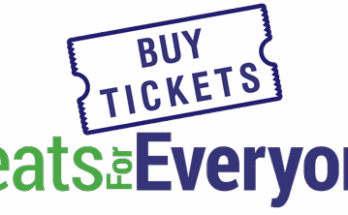NBA commissioner Adam Silver has addressed a conflict of interest that some say follows when players take on controversial, political topics, calling their social messaging and activism unavoidable but the right thing to embrace.
“I understand critics who say that they turn to sports to avoid controversy,” Silver said in an interview with Sports Illustrated published Wednesday. “But it’s unavoidable at this moment in time in our country. I wish there was an easier path for us to follow right now. Even if there were, I don’t think it would necessarily be the responsible thing to do.”
Silver’s remarks come a week after LeBron James ripped President Donald Trump’s critical remarks about players kneeling during the national anthem, saying the NBA wouldn’t miss the president’s viewership. Trump had tweeted that when players kneel, he tunes out.
“I think our fans are able to separate words on the floor or messages on the players’ jerseys or the floor,” Silver said. “Even to the extent that they don’t, I think they recognize that these are not simple times. Our players are not one-dimensional people, and they can both be deeply concerned about issues that our country faces and at the same time perform their craft at the highest level.”
Silver also discussed his impressions of the NBA bubble in Orlando, Florida, saying that he was more than pleased but that he did feel for the teams that were not invited.
“I’d say my biggest disappointment is that we couldn’t find a sensible way to bring 30 teams down there,” Silver said. “We know everything here involves compromises, but I do feel bad there are eight teams that are not part of the experience.”
Silver said the league will wait as long as possible to make decisions on how the NBA will tackle the 2020-21 season during the coronavirus pandemic.
“Our first and highest priority would be to find a way to have fans in our arenas,” Silver said. “We’re continuing to look at all the different testing methods. We are current on vaccine developments and antivirals and other protocols around the possibility of bringing people together in arenas.
“We’re studying what colleges are doing as they look to bring thousands of students back on campus. We’re going to try to find the right balance between waiting as long as possible, so we have the best possible information at the time we’re making the decision, and recognizing that, at some point, we have to begin to lock in plans. We would like to find a way to play in front of fans, but it’s just too early to know how realistic this is.
“I have to say, though, I would not bet against American ingenuity. Just because of how high-profile our experience in Orlando is right now, we are in conversation with dozens of testing companies. We’re studying all kinds of new, relatively inexpensive, rapid tests. The extent those tests are successful and coming to market, that will also open up more possibilities for us in bringing fans into arenas, even pre-vaccine.”

